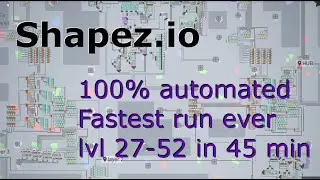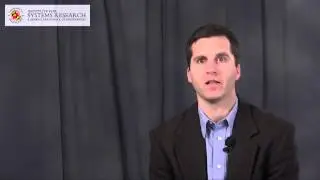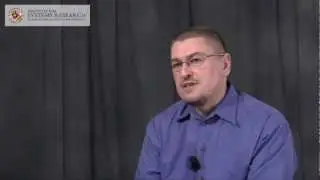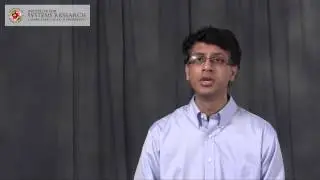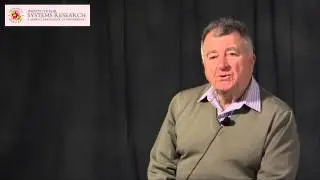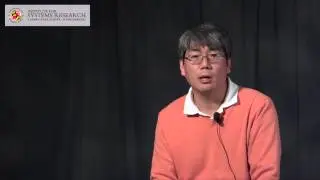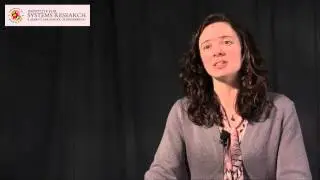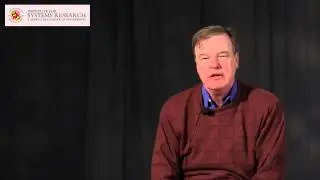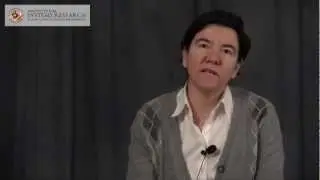The Challenge of the Neocortex for Information Technology
Rodney Douglas
Professor of Neuroinformatics
Institute of Neuroinformatics (INI)
ETE/UZH, Zurich
Abstract
Brains solve in real-time a variety of difficult computational problems that cannot yet be solved by computers using very much faster hardware. Their superior performance is likely due to a fundamen- tally different style of computational that nature has evolved. The differences lie in the basic processing components, their system architecture, methods of informa- tion encoding and transformation, and processes of self-construction, configu ration and calibration. More than any other part of the vertebrate brain, it is the neocortex that is crucial in the ability of animals to behave intelligently, and so the analysis of its organization and operation is likely to reveal the principles of com putation that nature has gained over eons of evolution. In this lecture I will briefly describe four lines of research at INI
that pursue these principles: quantitative studies of the adult neuronal circuits; simulation of their developmental self- construction; exploration of an interest- ing primitive processing operation that is likely embedded in these circuits; and the implementation of this operation in neu- romorphic electronic circuits.
Biography
Rodney Douglas is Professor of Neuroinformatics, and Co-Director at the Institute of Neuroinformatics of the Swiss Federal Institute of Technology (ETH) and the the University of Zurich. He graduated in Science and Medicine at the University of Cape Town. After obtaining
a Doctorate in Neuroscience, he moved to the Anatomical Neuropharmacology Unit in Oxford, where he continued his research on the anatomy and biophysics of the microcir- cuitry of the neocortex together with Kevan Martin. Concurrently, as Visiting Associate and then Visiting Professor at Caltech, he extended his research interests in neuronal computation to the modeling of cortical circuits using digital methods (together with Christof Koch), and also by the fabrica- tion of neuromorphic analog VLSI circuits (together with Misha Mahowald). In 1996 he and Kevan Martin moved to Zurich to establish the Institute of Neuroinformatics. In 2000, Douglas was awarded the Koerber Foundation Prize for European Science. His research interests include experimental anat- omy and physiology of visual cortex; theo- retical analysis and simulation of neocortical neuronal circuits; design and fabrication of neuromorphic systems that exploit analog Very Large Scale Integration methods to construct electronic circuits that perform analogous signal processing and compu- tational functions to biological neuronal networks; and the principles of network self-construction.







